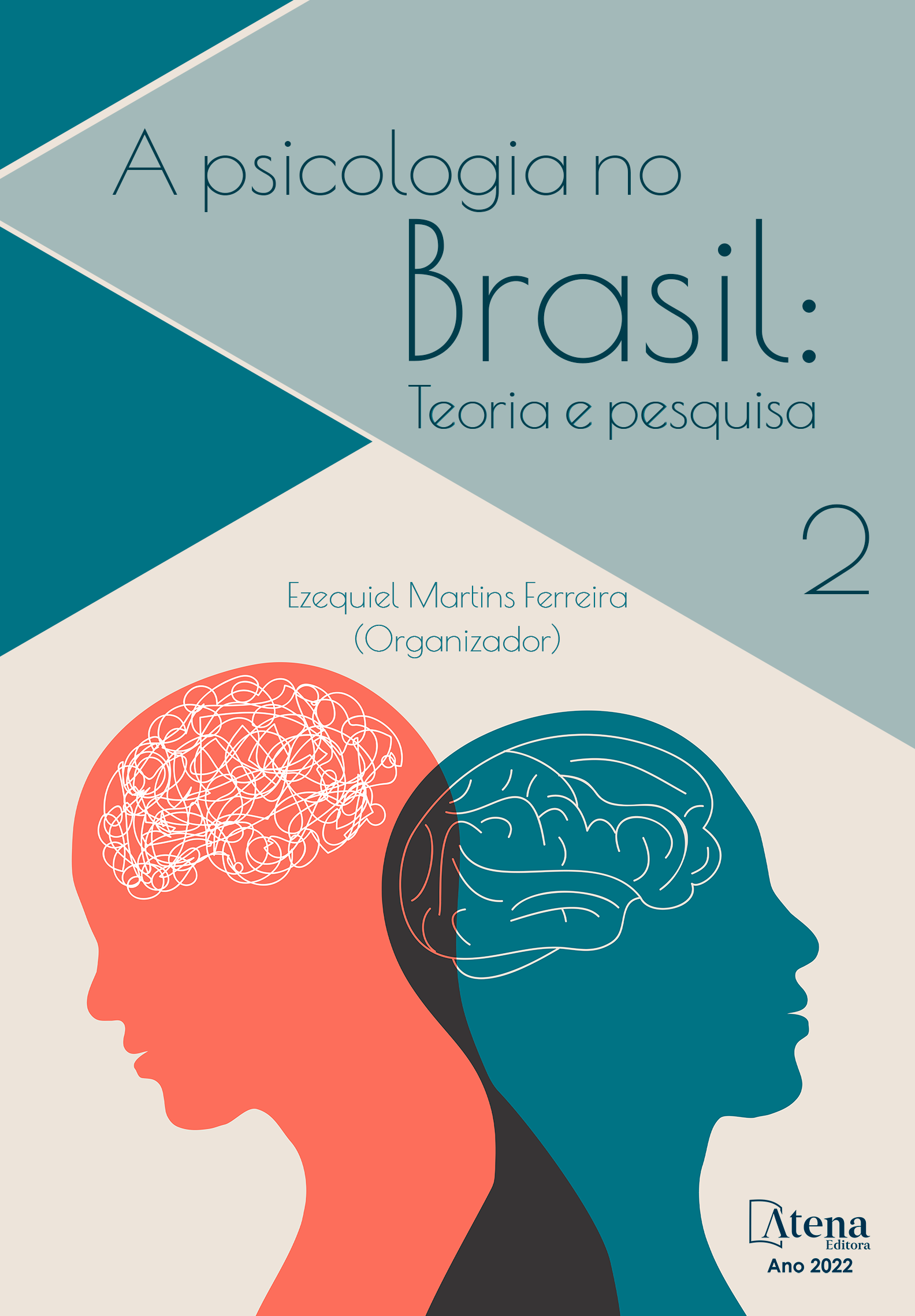
AS INTERVENÇÕES SOCIAIS EXTERNAS AO QUILOMBO E O IMPACTO DESTA NA AUTOESTIMA DA MULHER AFRODESCENDENTE
Introdução: Os países que se encontram os remanescentes da diáspora africana como o Brasil, as culturas negras ainda são consideradas como subculturas não sendo reconhecidas por parte da cultura dominante, sendo assim eles não conseguem alcançar a sua plenitude. Nesse sentido, é de grande relevância citar a Constituição de 1988, que trouxe reconhecimento para os quilombos através do artigo 68. O preconceito sobre os quilombos trazia a ideia de locais perigosos, de refúgio para negros e negras vadios, fugitivos e criminosos. Por muito tempo as mulheres negras não tiveram oportunidade de contar as suas próprias histórias e experiências, sendo que um dos estereótipos mais antigos é o das mulheres negras fortes, cuidadosas, trabalhadoras e que nunca se cansam. Objetivo: verificar como as interações sociais externas ao quilombo podem interferir na autoestima da mulher afrodescendente. Métodos: Pesquisa de campo com abordagem quanti-qualitativa e ocorreu na comunidade Quilombola Cedro em Mineiros-GO. Participaram 46 mulheres afrodescendentes da comunidade com idade entre 18 aos 59 anos. Respondendo ao questionário semiestruturado, Inventário de Habilidades Sociais (IHS 2) e a Escala de autoestima de Rosenberg (RSES). Resultados: Os contextos externos a comunidade interferem em como a mulher afrodescendente se autoavalia, pois os eventos traumáticos envoltos do preconceito racial que elas já vivenciaram em algum momento de sua vida impactam e criando barreiras da forma como se comportam em ambientes sociais. Conclusão: As mulheres demonstram autoestima elevada, mesmo que com uma avaliação positiva sobre si, identificou-se a necessidade de desenvolver as habilidades sociais.
AS INTERVENÇÕES SOCIAIS EXTERNAS AO QUILOMBO E O IMPACTO DESTA NA AUTOESTIMA DA MULHER AFRODESCENDENTE
-
DOI: 10.22533/at.ed.6742207029
-
Palavras-chave: Mulher Afrodescendente. Contextos Externos. Autoestima
-
Keywords: Afro-Descendant Woman. External Contexts. Self Esteem
-
Abstract:
Introduction: In countries where there are remnants of the African diaspora such as Brazil, black cultures are still considered subcultures that are not recognized by the dominant culture, so they connot reach treir fullness. In this sense, it is very important to mention the 1988 Constitution, that brought recognition to the quilombos through article 68. The prejudice about the quilombos brought the idea of dangerous places, of refuge for black men and women vagrants, fugitives, and criminals. For a long time black women have not had the opportunity to tell their own stories and experiences, and one of the oldest stereotypes is that of strong, careful, hardworking, and never tired black women. Objective: To verify how the social interactions outside to the quilombo can interfere with the self-esteem of Afro descendant women. Methods: Field research with a quanti-qualitative approach and took place in the Quilombola Cedro community in Mineiros-GO. Participated 46 afrodescendant women of the community with age between 18 years to 59 years. Answering the semi-structured questionnaire, Inventory of Social Skills (IHS 2) and the Rosenberg Self-Esteem Scale (RSES). Results: The contexts external to the community interfere in how the Afro-descendant woman evaluates herself, because the traumatic events involving racial prejudice that they have experienced at some point in their lives impact and creating barriers of how they behave in social environments. Conclusion: The women demonstrate high self-esteem, even with a positive evaluation about themselves, it was identified the need to develop social skills.
-
Número de páginas: 25
- Mariane Rodrigues Duarte
- FABRÍCIO MALAQUIAS PEREIRA
- Gabriela Buchli


